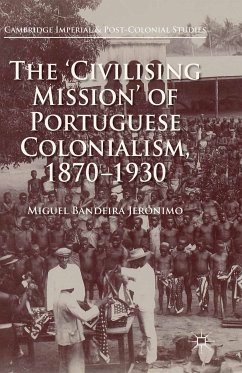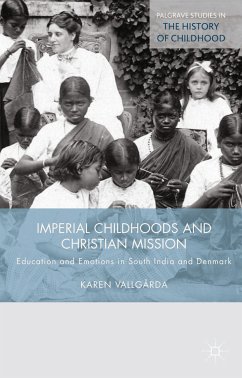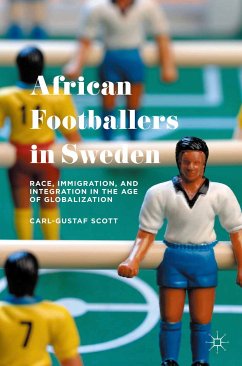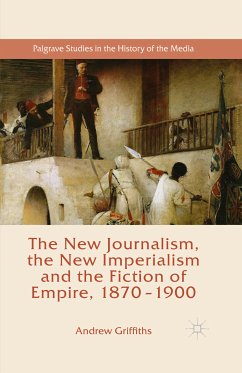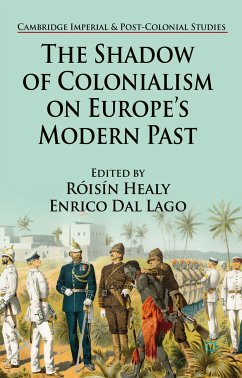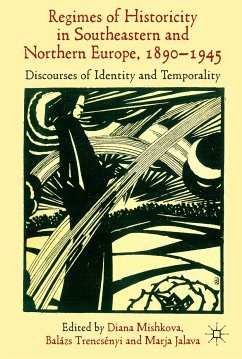
Missionary Masculinity, 1870-1930 (eBook, PDF)
The Norwegian Missionaries in South-East Africa
Versandkostenfrei!
Sofort per Download lieferbar
40,95 €
inkl. MwSt.
Weitere Ausgaben:

PAYBACK Punkte
20 °P sammeln!
What kind of men were missionaries? What kind of masculinity did they represent, in ideology as well as in practice? Presupposing masculinity to be a cluster of cultural ideas and social practices that change over time and space, and not a stable entity with a natural, inherent meaning, Kristin Fjelde Tjelle seeks to answer such questions.
Dieser Download kann aus rechtlichen Gründen nur mit Rechnungsadresse in A, B, BG, CY, CZ, D, DK, EW, E, FIN, F, GR, HR, H, IRL, I, LT, L, LR, M, NL, PL, P, R, S, SLO, SK ausgeliefert werden.



